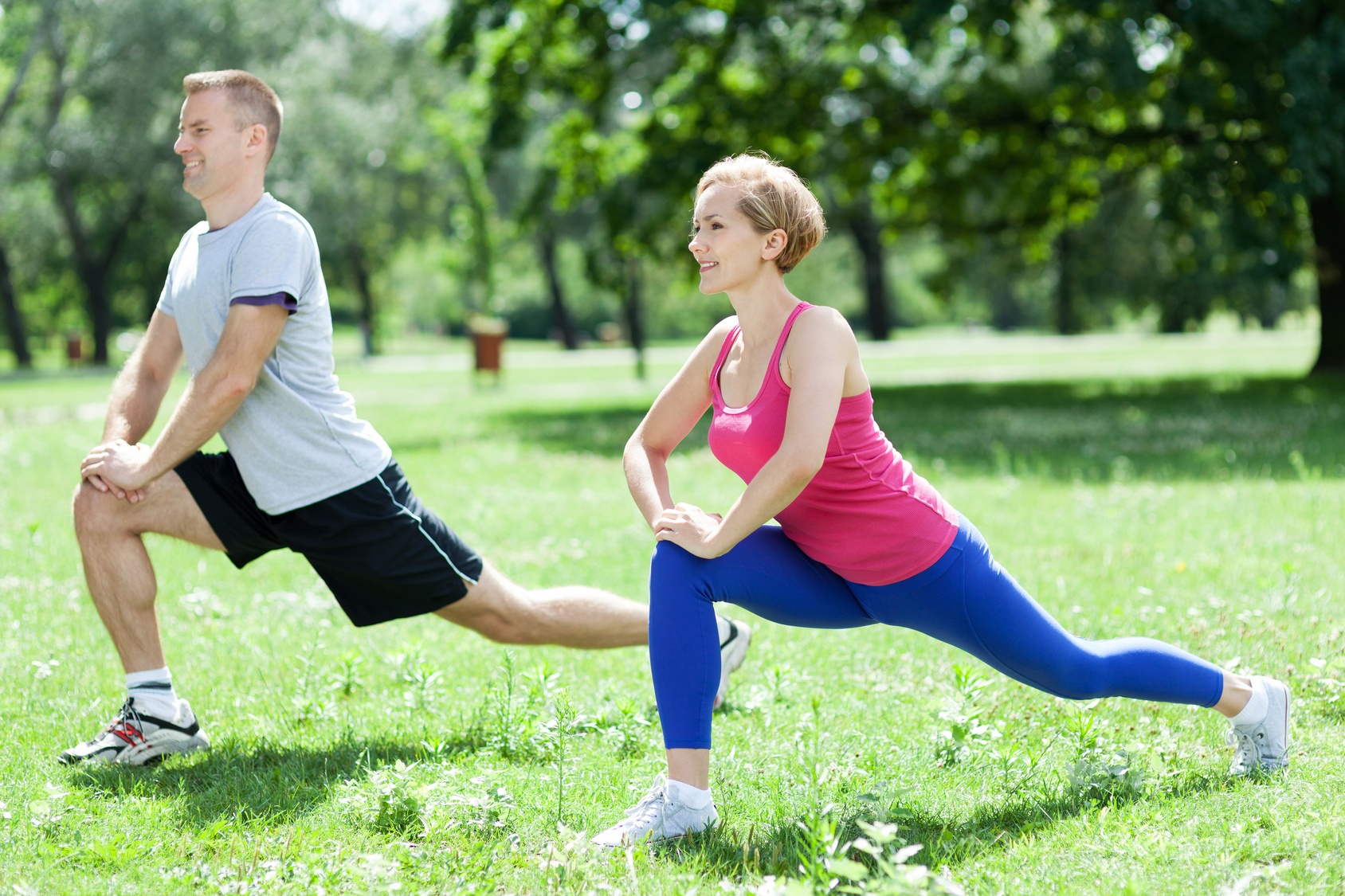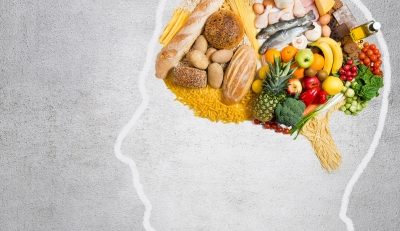5 Benefits of Exercise on Mental Health
Everyone knows that regular exercise is good for the body. But exercise is also one of the most effective ways to improve your mental health. Regular exercise can have a profoundly positive impact on depression, anxiety, ADHD, and more. It also relieves stress, improves memory, helps you sleep better, and boosts your overall mood. And you don’t have to be a fitness fanatic to reap the benefits. Research indicates that modest amounts of exercise can make a difference. No matter your age or fitness level, you can learn to use exercise as a powerful tool to feel better.
A decrease in reduction and anxiety
Exercise is a scientifically proven mood booster, decreasing symptoms of both depression and anxiety. Physical activity kicks up endorphin levels, the body’s famous “feel good” chemical produced by the brain and spinal cord that produces feelings of happiness and euphoria. Even just moderate exercise throughout the week can improve depression and anxiety, so much so that some doctors recommend trying out an exercise regimen for these conditions before turning to medication
Studies show that exercise can treat mild to moderate depression as effectively as antidepressant medication—but without the side-effects, of course. In addition to relieving depression symptoms, research also shows that maintaining an exercise schedule can prevent you from relapsing.
Exercise is a powerful depression fighter for several reasons. Most importantly, it promotes all kinds of changes in the brain, including neural growth, reduced inflammation, and new activity patterns that promote feelings of calm and well-being. It also releases endorphins, powerful chemicals in your brain that energize your spirits and make you feel good. Finally, exercise can also serve as a distraction, allowing you to find some quiet time to break out of the cycle of negative thoughts that feed depression.
Decreased stress
Another mental benefit of exercise is reduced stress levels—something that can make us all happier. Increasing your heart rate can actually reverse stress-induced brain damage by stimulating the production of neurohormones like norepinephrine, which not only improve cognition and mood but improve thinking clouded by stressful events. Exercise also forces the body’s central and sympathetic nervous systems to communicate with one another, improving the body’s overall ability to respond to stress.
Ever noticed how your body feels when you’re under stress? Your muscles may be tense, especially in your face, neck, and shoulders, leaving you with back or neck pain, or painful headaches. You may feel a tightness in your chest, a pounding pulse, or muscle cramps. You may also experience problems such as insomnia, heartburn, stomach ache, diarrhea, or frequent urination. The worry and discomfort of all these physical symptoms can, in turn, lead to even more stress, creating a vicious cycle between your mind and body.
Exercising is an effective way to break this cycle. As well as releasing endorphins in the brain, physical activity helps to relax the muscles and relieve tension in the body. Since the body and mind are so closely linked, when your body feels better so, too, will your mind.
Increased self-esteem and self-confidence
From improving endurance to losing weight and increasing muscle tone, there’s no shortage of physical achievements that come about from regular exercise. All those achievements can all add up to a whopping boost of self-esteem—and the confidence that comes with it. You may not set out for better-fitting clothes, a slimmer physique, and the ability to climb a hill without getting winded. Oftentimes it happens before you even realize it. It’s just one of the many benefits of physical activity that boost your body, mind, and spirit.
Higher self-esteem. Regular activity is an investment in your mind, body, and soul. When it becomes a habit, it can foster your sense of self-worth and make you feel strong and powerful. You’ll feel better about your appearance and, by meeting even small exercise goals, you’ll feel a sense of achievement.
Better sleep
If you have trouble getting a good night’s sleep, exercise can help with that, too. Physical activity increases body temperature, which can have calming effects on the mind, leading to less sheep counting and more shuteye. Exercise also helps regulate your circadian rhythm, our bodies’ built-in alarm clock that controls when we feel tired and when we feel alert.
Even short bursts of exercise in the morning or afternoon can help regulate your sleep patterns. If you prefer to exercise at night, relaxing exercises such as yoga or gentle stretching can help promote sleep.
Read here to about the best time to take vitamins– https://vtamino.us/when-is-the-best-time-to-take-vitamins/
Increasing your heart rate several times a week will give you more get-up-and-go. Start off with just a few minutes of exercise per day, and increase your workout as you feel more energized.
Brain Boost
From building intelligence to strengthening memory, exercise boosts brainpower in a number of ways. Studies on mice and humans indicate that cardiovascular exercise creates new brain cells—a process called neurogenesis—and improve overall brain performance. It also prevents cognitive decline and memory loss by strengthening the hippocampus, the part of the brain responsible for memory and learning. Studies also prove that physical activity boosts creativity and mental energy. So if you’re in need of inspiration, your big idea could be just a walk or jog away.
When faced with mental or emotional challenges in life, exercise can help you cope in a healthy way, instead of resorting to alcohol, drugs, or other negative behaviors that ultimately only make your symptoms worse. Regular exercise can also help boost your immune system and reduce the impact of stress.
Are you facing the problem of hair loss, here we have a perfect solution for your problem to read more about it click here: https://vtamino.us/take-care-of-your-hair-loss-problem-with-effective-supplements/











